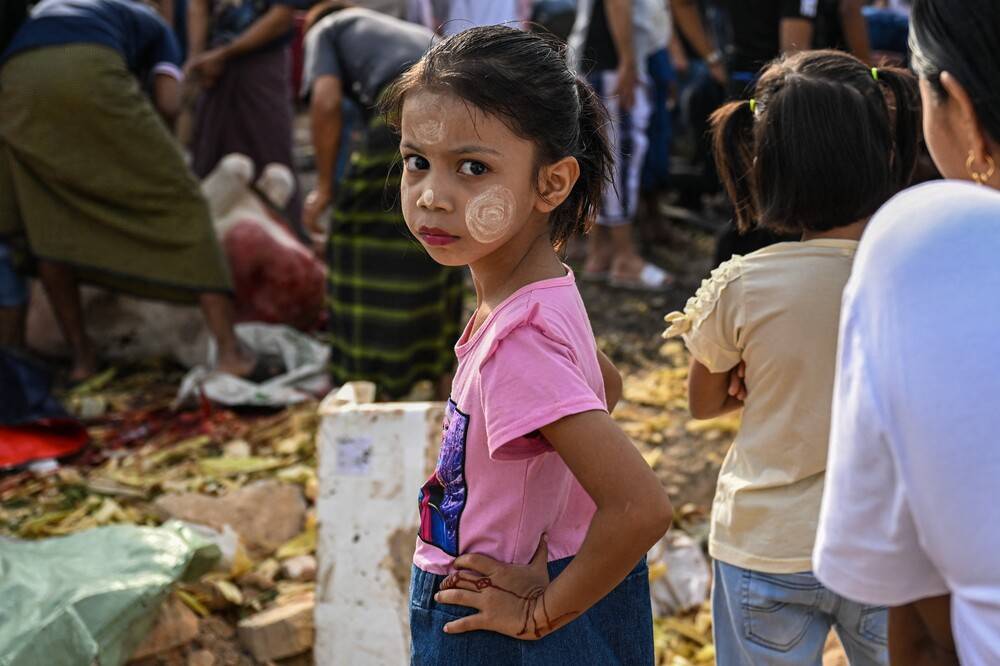Refugee children in Malaysia encounter countless educational, psychological challenges
The major obstacles are legal and policy barriers, as they are not recognised as having official status, thus lack access to public education, relying instead on community-based learning centres or NGOs.

SHAH ALAM - Refugee students in Malaysia encounter significant educational, psychological and emotional challenges stemming from their experiences before, during and after displacement.
Refugee students in Malaysia faced an array of educational and psychological challenges, making their pursuit of learning particularly difficult.
From navigating language barriers and cultural differences to coping with past traumas and uncertain futures, these young learners encountered obstacles that most of their peers could never imagine.
A teacher, who teaches refugee students at Dignity for Children Foundation, Thanusha Ramanieswaran emphasised that refugee children in Malaysia faced numerous educational challenges.
"The major obstacles are legal and policy barriers, as they are not recognised as having official status and thus lack access to public education, relying instead on community-based learning centres or non-governmental organisations (NGO).
"Language barriers also pose significant challenges, as many come from non-English-speaking backgrounds and must learn English or Malay, the primary languages of instruction.
"Additionally, these learning centres often struggle with limited resources, including inadequate funding, lack of qualified teachers and insufficient educational materials, impacting the quality of education provided," she said.

Thanusha also stressed that refugee children frequently dealt with psychosocial issues, which affected their ability to focus and learn.
"Many of my students struggle with trauma and PTSD (post-traumatic stress disorder), having witnessed or experienced violence, war and loss.
"They also deal with anxiety, fueled by uncertainty about the future and the need to adjust to new environments.
"The loss of family members, friends, homes and a sense of normalcy often leads to intense grief and difficulty coping. Financial difficulties also burden many refugee families, often forcing children to work and resulting in irregular attendance or dropping out.
"Social isolation is another common issue, as language barriers and cultural differences can result in feelings of loneliness and impact their social development and self-esteem.
"To be honest, the list is endless and addressing these challenges requires a multifaceted approach, including advocacy for policy changes, increased funding and resources for refugee education, teacher training, language support programmes and psychosocial services," she added.
To support her refugee students, Thanusha said she strived to create a safe and welcoming environment in her classroom, ensuring it was an inclusive space where children felt respected and valued.
She said building trust through consistent, caring relationships was essential.
She said she also collaborated with counsellors and social workers to provide professional support, establish regular check-ins and create opportunities for children to express their feelings.
"As an English teacher, I provide extensive language support using bilingual resources, visual aids and hands-on activities to aid language development.
"Additionally, I employ differentiated instruction, tailoring lessons to meet the varied needs and learning styles of my students," she said.












